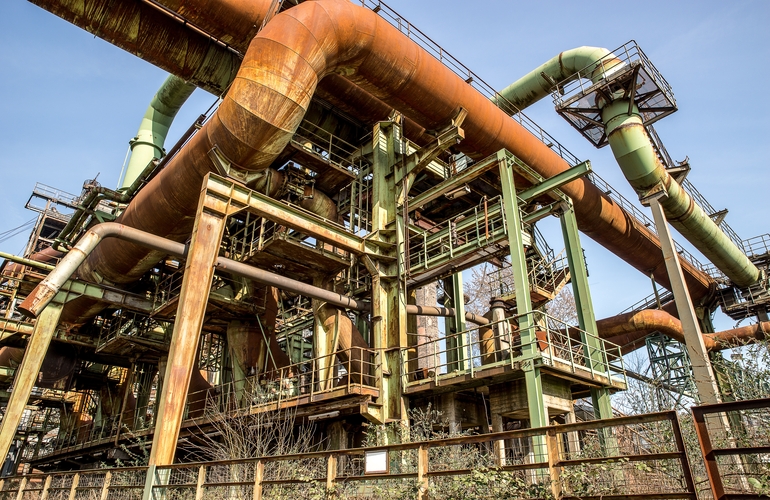Engineers in this domain design, install, maintain, and optimize electrical systems that ensure safe, reliable, and efficient energy operations in petroleum sectors.
Petroleum Electrical Engineering
Petroleum Electrical Engineering is a specialized field that integrates electrical engineering principles with the exploration, drilling, production, processing, and refining operations in the oil and gas industry.Scope and Focus Areas:
Design and maintenance of power generation and distribution systems for drilling rigs, refineries, offshore platforms, and pipelines. Backup power systems for critical operations using generators and UPS.
Electrical Equipment for Petroleum Operations:
-
Motors, transformers, switchgears, variable frequency drives (VFDs), and control panels. Explosion-proof electrical equipment suitable for hazardous environments (ATEX/IECEx certified).
-
Automation and Control:
Supervisory Control and Data Acquisition (SCADA) systems. Distributed Control Systems (DCS) and Programmable Logic Controllers (PLC). Instrumentation and sensors used in well monitoring, pressure control, and flow regulation.
-
Common Applications:
Onshore and offshore drilling rigs. Petroleum refineries and petrochemical plants. Pipeline control stations and pumping facilities. LNG plants and storage terminals.


